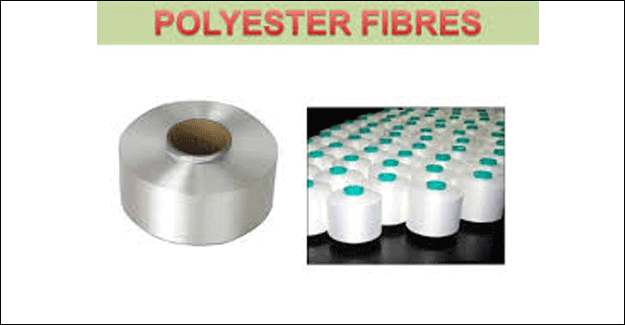
New Process To Depolymerize PET Polyester Fibres From Textile Waste
"Turning unwanted polyester textiles into high quality raw materials for new products using CARBIOS enzymatic technology is an opportunity for completely changing textile manufacturing and trade in Europe and beyond. From a sustainable perspective, our approach will significantly improve the overall life cycle impact of textile products."
Carbios, pioneer company in the field of bioplasturgy has taken a new step forward in the development of its enzymatic depolymerization process rending it applicable to PET polyester fibres from textile waste. After the successful demonstration that enzymatic depolymerization applied to PET plastics enables the virtuous cycle of a return to a virgin PET, Carbios opens a new major market by depolymerizing 100% PET textile waste fibres into their original monomers: PTA (terephthalic acid) and MEG (mono ethylene glycol). Indeed, polyester is today the single-largest-volume fibre produced globally, taking about a 50% share of the overall fiber market.
The dominant type of polyester is polyethylene terephthalate most commonly known as PET. Each year, 43 million tons of PET are produced for the fibre market, compared to 15 million tons dedicated to the production of plastic bottles.
The key objective of this new process developed with Carbios academic partners (INRA/TWB/LISBP) and supported by ADEME Auvergne Rhône-Alpes, is to provide:
- The recycling industry, a competitive solution to upcycle post-consumer PET polyester fabrics;
- And the textile industry, the ability to use recycled PET fibres that can fully replace those made from fossil resources.
Thus, contributing to several environmental benefits as the reduction of waste to landfills and reduction of carbon footprint. Most of textile waste is currently sent to landfills or incinerated and when recycling processes of textile fibres are performed, they are mainly down-cycling, which means a material of lower quality than the original is produced. As the world strruggles to recycle mountains of waste textile, Carbios innovative technology will help turn this major environmental threat into a new opportunity based on circular economy principles and focussed on positive society-wide benefits.
Alain Marty, Chief Scientific Officer of Carbios comments: "Turning unwanted polyester textiles into high quality raw materials for new products using Carbios enzymatic technology is an opportunity for completely changing textile manufacturing and trade in Europe and beyond. From a sustainable perspective, our approach will significantly improve the overall lifecycle impact of textile products."
Carbios is a green chemistry company whose innovations provide solutions to the environmental and sustainable development issues that manufacturers currently face. Since its founding in 2011, the company has developed two industrial-scale biological processes for the biological breakdown and recycling of polymers.
These unique innovations help optimise the performance and lifecycle of plastics and textiles by capitalising on the properties of specially selected enzymes.
Carbios's economic growth model is based on the industrial roll-out and sale of its products, enzymes, technologies and biological processes through direct licence agreements or joint ventures, to major players in the fields to whom they would most benefit.
Textile Excellence
If you wish to Subscribe to Textile Excellence Print Edition, kindly fill in the below form and we shall get back to you with details.











